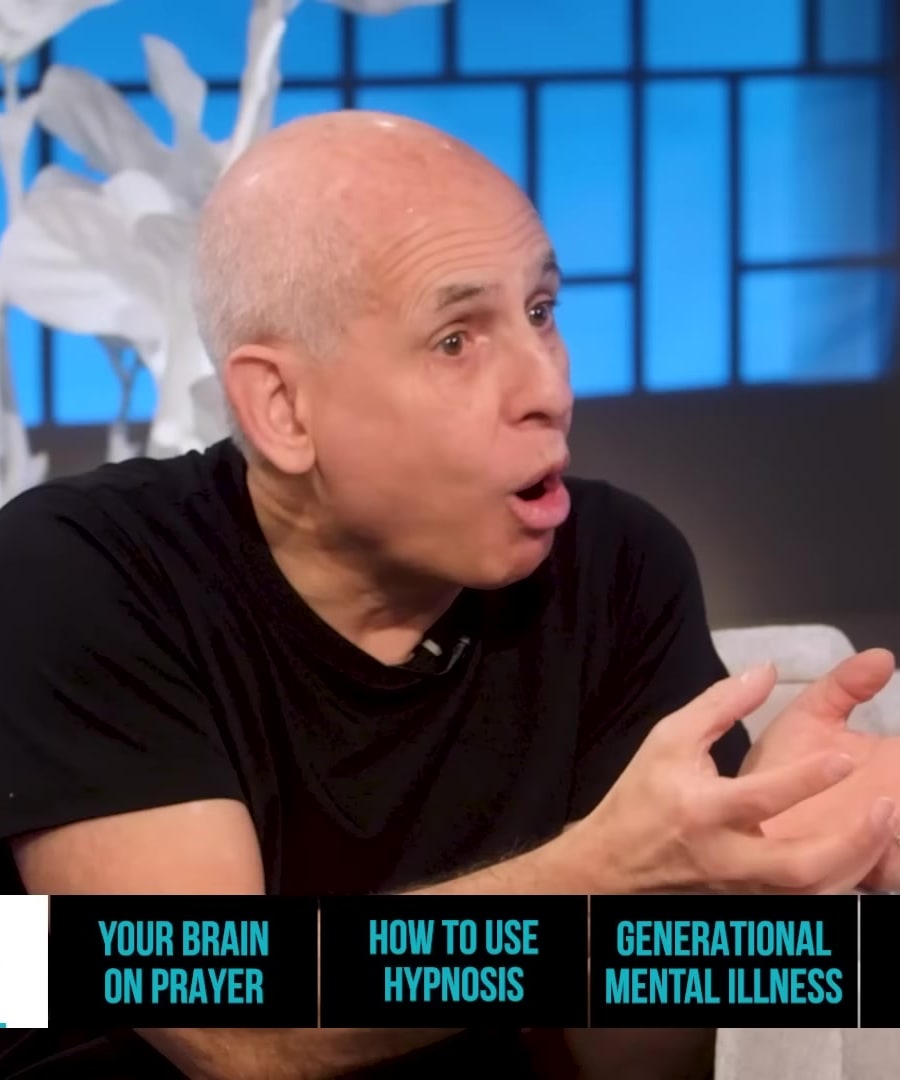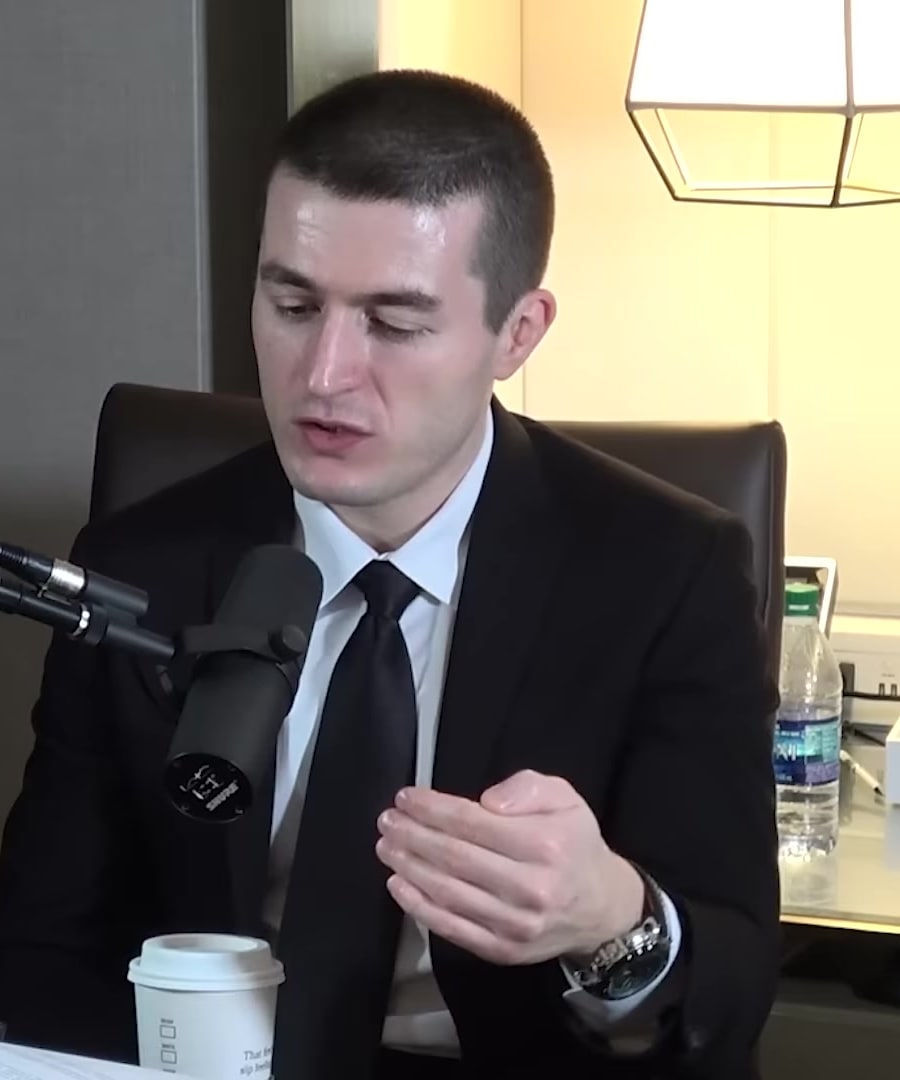How does the brain relate to religion?
Sources:
The relationship between the brain and religion involves a complex interplay of biological, psychological, and cultural factors. Here are some key insights from various experts:
-
Neurological Impacts of Religion:
- Dr. Daniel Amen has studied the brain in different prayer states and found that engaging in religious activities, such as prayer, affects brain function. For example, activities like speaking in tongues involve reducing brain noise to allow for a more immersive spiritual experience 1.
- Arthur Brooks references research showing that certain areas of the brain are activated uniquely during religious experiences. This suggests that spiritual phenomena can trigger neurological states that are otherwise inaccessible without such experiences 2.
-
Brain's Predictive Nature and Religion:
- Dr. David Linden highlights that the brain's constant prediction of a future assumes one's own ongoing existence, possibly leading humans to create religious narratives about the afterlife. This inherent difficulty in envisioning non-existence may underpin widespread religious beliefs about eternal consciousness 3.
-
Cultural and Philosophical Perspectives:
- Reza Aslan discusses how spirituality could be embedded in cognitive processes, suggesting that if these processes were understood and replicated, even a robot could exhibit similar religious behaviors. This raises questions about what makes human spirituality unique 4.
- Joscha Bach argues that 2000 years of Catholic indoctrination has influenced Western perceptions of reality and rationality. He suggests that translating religious concepts into modern contexts reveals the deep-rooted impact of religious narrative on our understanding of the world 5.
-
Broader Implications:
- Robert Greene emphasizes the need to recognize the brain’s immense complexity as the most significant creation, advocating for valuing the brain's potential rather than solely focusing on technological advancements 6.
Overall, the relationship between the brain and religion is multifaceted, involving the brain's physical responses to religious practices, its psychological needs for meaning and continuity, and the cultural narratives that shape our understanding of spirituality.
RELATED QUESTIONS-



